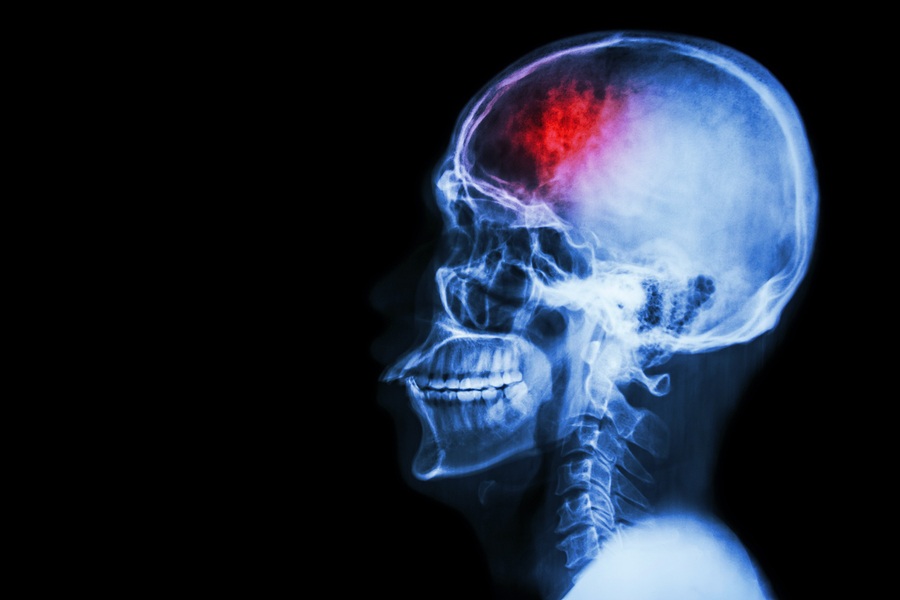Stay aware for Action on Stroke Month
May is Action on Stroke Month, an initiative that aims to raise awareness of the symptoms and risk factors associated with stroke.
In the UK, stroke is the third biggest killer behind heart disease and cancer. Thanks to advances in science and medicine and better awareness, the number of people dying from stroke has almost halved in the last two decades.
However, an ageing population, rising obesity rates, and unhealthy lifestyles mean many people are at higher risk than ever.
When a stroke happens, urgent medical treatment is vital – knowing how to recognise the signs and symptoms in yourself and your loved ones could save a life.
Know the signs
Strokes happen when the blood supply to the brain is restricted or stopped. When this happens, brain cells begin to die, which can lead to serious complications including disability, brain injury and even death.
The FAST test is an internationally recognised test to help people spot the signs of a stroke or mini-stroke. Learn the acronym and what each letter represents.
- F: Facial weakness
People suffering from stroke often experience dropping of the mouth and eyes. Can the person smile? Are they having trouble controlling facial muscles? - A: Arm weakness
Weakness or numbness in one or both arms is the second sign. Can the person lift both arms and keep them there? - S: Speech problems
Slurred words and muddled speech are the third major indicator that a stroke has occurred. Ask them to repeat a simple phrase to test listening and speaking. - T: Time to call 999
If any of these symptoms are present, call 999 right away; quick medical intervention could save a life.
Reducing your risk
High blood pressure is the leading cause of stroke and a risk factor that can be managed at least in part through lifestyle changes.
Smoking, being overweight, lack of exercise and unhealthy diet are also risk factors within our control – if you have high blood pressure, speak to your GP about how you can make manageable lifestyle changes to minimise your risk.
Atrial fibrillation – a form of irregular heartbeat – also raises the risk of blood clots and stroke. This can be detected during a routine medical check or ECG test.
Do you know the signs and symptoms of stroke?
Rachel - Silversurfers Assistant Editor
Latest posts by Rachel - Silversurfers Assistant Editor (see all)
- The best of Liza Minnelli - March 11, 2025
- Shrove Tuesday traditions - March 3, 2025
- Sweet & Savoury Pancakes for Shrove Tuesday - March 1, 2025
- 5 romantic films to revisit this Valentine’s Day - February 12, 2025
- Living with tinnitus: an online guide - February 4, 2025




















